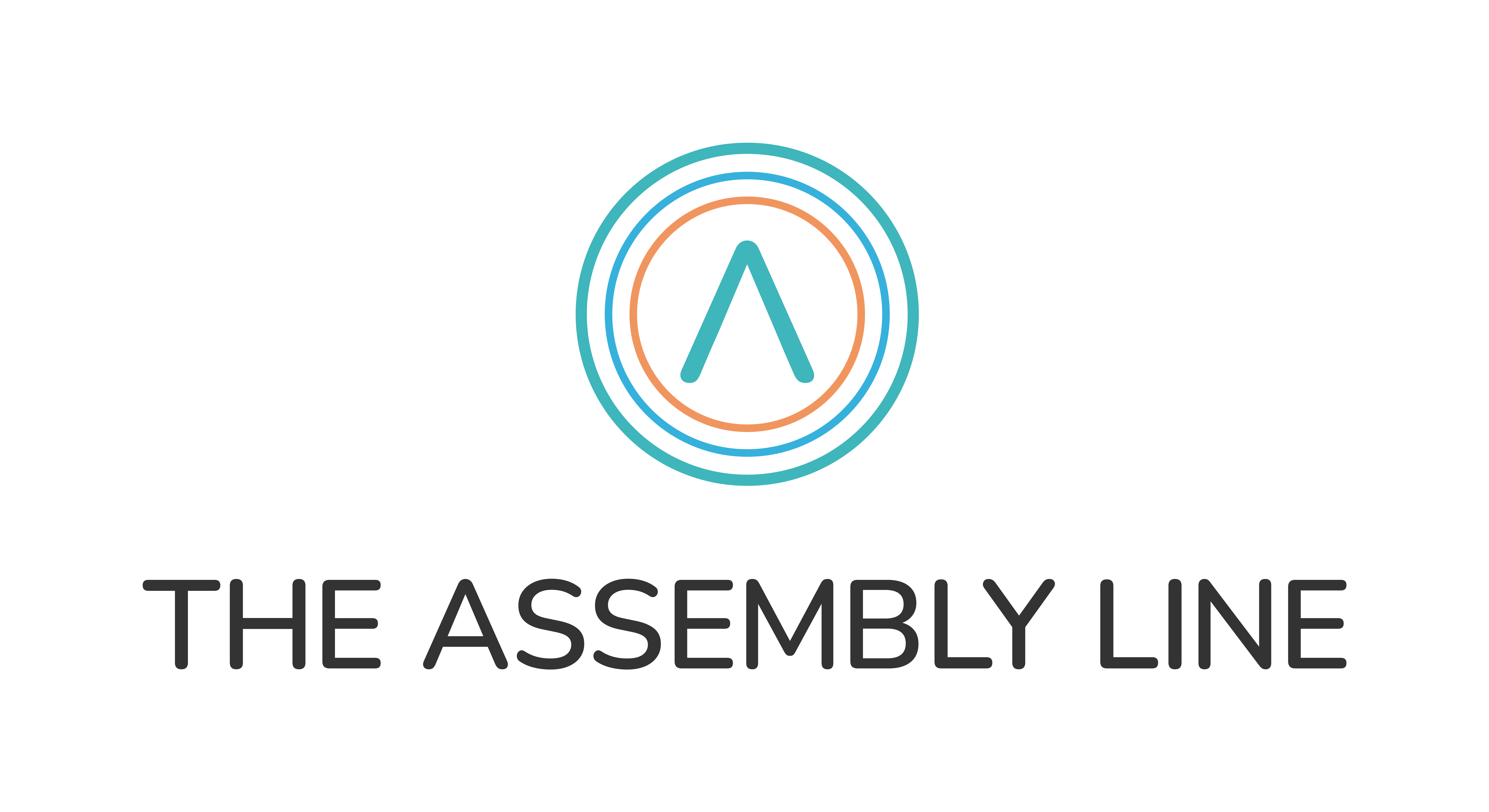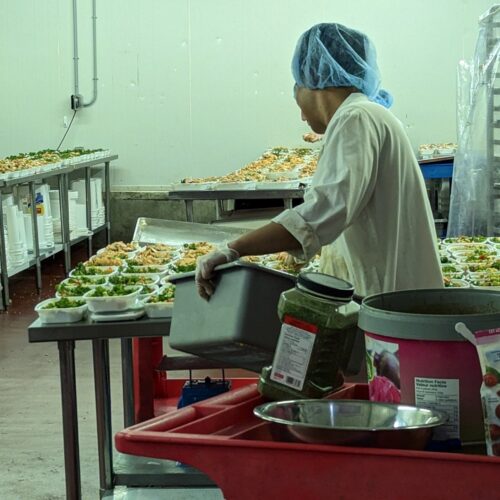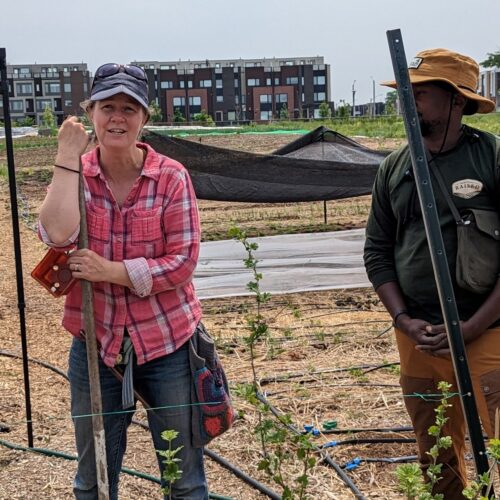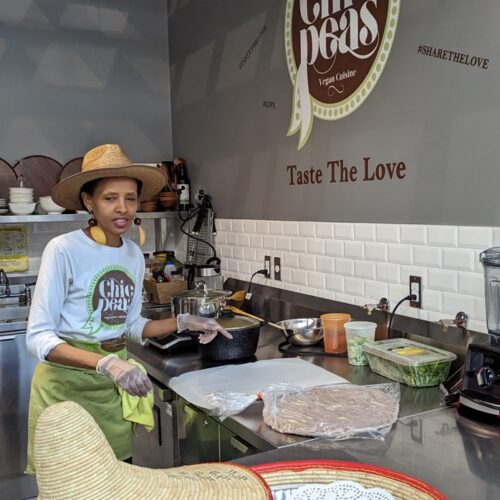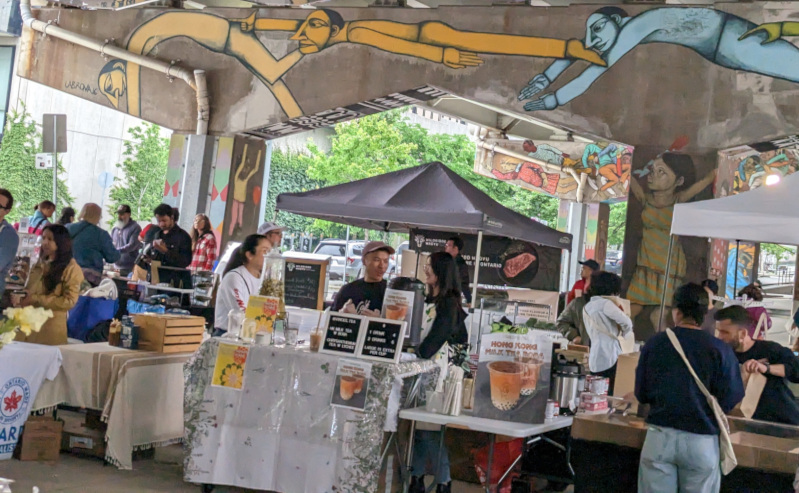
24 Jun What we heard at 11th International Markets Conference
We have recently returned from Toronto where the city was hosting the 11th International Markets Conference organised by Project for Public Spaces.
Having been involved with the 10th Conference in London as part of the London Market Board, it was great to experience Toronto’s markets.
We heard from speakers from across the world who shared insights from their own markets via a mix of presentations, workshops, market visits and tours.
What we heard
- Many markets are facing similar challenges to the UK – changing shopping habits, aging buildings, high vacancy rates and a commodity mix that doesn’t meet customer preferences.
- When markets are not connected to their community, they can become siloed.
There is a need for better policies to govern and enable the development of markets in public spaces. - More data is needed around performance and better storytelling.
- Not all food start-ups want to scale to supermarket standards, there are different ways to scale and facilities to match.
- Community wealth building and entrepreneurship are key in bringing the community together, creating new businesses and making connections when markets are being developed.
- Wholesale markets can become major attractions (see Sydney Fish Market’s new build).
- Toronto is a market city in the making with 130+ public markets now and a plan to grow to 300+ by 2030. They want everyone to be able to walk to a market with strong ties to its community.
- In the UK, many (local authority) markets are heavily skewed to male traders and managers. In Toronto, women make up 90% of market managers and 50% of traders. It was a similar story, if not even more female dominated, in the US and Mexico. Toronto is keen that they develop farmers rather than just food growers at urban farms. The farms focus on enabling people to buy local food and on reducing the dominance of big supermarkets in the food supply chain.
- There is little value in maintaining (market) buildings without thinking about their future and how they might need to adapt.
- Dogs were everywhere with one market having a dedicated dog area.
Visits: Markets visited: 4 | Incubators: 2 | Urban Farms: 1 | Markets learnt about in sessions: 20+ | Markets represented: a lot! 300+ delegates
Need help with your market(s)? We are currently working with indoor and outdoor/street markets across the UK on projects involving:
Consultation & Strategy | Trader Engagement | Commercial Modelling | Tenant Mix |Policy & Governance| Operator Brief & Leasing Strategies | Transformation Programmes | Marketing & Communications Plans
Contact us to find out more.
